Nashville, Tennessee: Attorneys representing Kilmar Abrego Garcia have asked a federal judge to impose a gag order on top Trump administration officials, alleging that government leaders are conducting a systematic campaign to undermine their client’s right to a fair trial through inflammatory public statements.
Defense Challenges Government’s Public Statements
The legal filing, submitted Thursday to U.S. District Judge Waverly Crenshaw in Nashville, seeks to prevent Department of Justice and Department of Homeland Security officials from making what lawyers describe as “baseless public attacks” against the 30-year-old Salvadoran immigrant. The motion specifically names Attorney General Pam Bondi and Homeland Security Secretary Kristi Noem as officials whose statements have potentially compromised the proceedings.
Abrego Garcia’s legal team argues that government officials have violated professional conduct rules by making prejudicial statements that could taint potential jury pools. The defense contends that these public declarations represent a coordinated effort to prejudice the case before it reaches trial.
High-Profile Government Officials Under Fire
The motion takes particular aim at comments made by Secretary Noem, who publicly labeled Abrego Garcia as “an MS-13 gang member, human trafficker, serial domestic abuser, and child predator.” The defense also highlighted statements from Attorney General Bondi, who compared their client to “foreign terrorist organizations.”
President Trump himself has not been spared from criticism in the filing, with lawyers pointing to his characterization of Abrego Garcia as an “animal” and other derogatory remarks made from the Oval Office. The attorneys argue that such high-level governmental commentary creates an impossible environment for a fair trial.
Pattern of Inflammatory Rhetoric
According to the court filing, the Department of Homeland Security has amplified these attacks through its official social media channels, posting what the defense describes as “a litany of inflammatory statements” on its X account. These posts have included allegations about gang membership that Abrego Garcia vehemently denies.
The lawyers argue that this represents an unprecedented situation where the same government prosecuting their client is simultaneously conducting a public relations campaign designed to prejudge his guilt. They contend that such behavior violates established legal principles regarding pretrial publicity and due process rights.
Background of the Case
Abrego Garcia’s legal troubles began in March when he was wrongfully deported to El Salvador’s notorious CECOT maximum-security prison, despite a 2019 court order specifically prohibiting such deportation due to fears of gang persecution. The Trump administration later acknowledged this as an “administrative error.”
After mounting legal pressure and international criticism, Abrego Garcia was returned to the United States in June to face federal human smuggling charges in Tennessee. He has pleaded not guilty to allegations that he participated in transporting undocumented migrants within the United States between 2016 and this year.
Recent Detention and Uganda Deportation Threat
The legal motion comes just days after Abrego Garcia was released from pretrial custody in Tennessee, only to be detained again by Immigration and Customs Enforcement during a routine check-in at their Baltimore office. Government officials have indicated they intend to deport him to Uganda, a plan that has drawn sharp criticism from immigration advocates and legal experts.
A federal judge in Maryland has temporarily blocked any deportation while reviewing the case, but the administration has made clear its intention to remove Abrego Garcia from the country. His attorneys argue that the threat of deportation to Uganda represents retaliation for his successful legal challenge to his initial wrongful deportation.
Defense Arguments About Fair Trial Rights
The 15-page motion argues that continued government commentary will make it impossible to seat an impartial jury anywhere in the country. The lawyers contend that federal officials have exposed potential jurors to “irrelevant, prejudicial, and false claims” about their client through a sustained media campaign.
The defense team also warns that government attacks could intimidate potential witnesses, as individuals may fear becoming targets of similar public criticism if they testify on behalf of Abrego Garcia. This chilling effect, they argue, further undermines the fairness of the proceedings.
Previous Court Orders and Government Response
In July, Judge Crenshaw had already issued an order requiring all attorneys in the case to refrain from making extrajudicial statements that could prejudice the proceedings. However, the defense argues that this order has proven insufficient to stop the government’s public campaign against their client.
The motion notes that despite the court’s previous intervention, “senior government officials continued their assault” on Abrego Garcia with renewed intensity following his recent detention. The lawyers characterize this as evidence that traditional remedies have failed and stronger action is required.
Government’s Defense of Actions
Department of Homeland Security officials have defended their public statements, arguing that Abrego Garcia brought scrutiny upon himself through his alleged criminal conduct. A DHS spokesperson stated that if he “did not want to be mentioned by the Secretary of Homeland Security, then he should have not entered our country illegally and committed heinous crimes.”
The government has also criticized what it characterizes as media sympathy for Abrego Garcia, arguing that coverage has focused too heavily on his claims of persecution while ignoring alleged victims of his supposed crimes. Officials maintain that their statements are factual and appropriate given the serious nature of the charges.
Legal Precedent and Implications
Legal experts note that while gag orders against government officials in criminal cases are rare, the circumstances of this case present unusual challenges to normal judicial procedures. The combination of high-level political involvement and international immigration policy implications has created a complex legal environment.
The case has broader implications for the Trump administration’s immigration enforcement policies, particularly regarding due process protections for individuals facing deportation. Critics argue that the government’s handling of Abrego Garcia’s case demonstrates systematic violations of established legal procedures.
Asylum Claims and Future Proceedings
Complicating matters further, Abrego Garcia has filed new asylum claims seeking protection from deportation to Uganda. His lawyers argue that he faces credible threats of persecution and torture if sent to the African nation, where he has no connections or legal status.
The asylum application could significantly delay any deportation proceedings, as federal law generally prohibits removal while such claims are being processed. This has added another layer of complexity to an already convoluted legal situation.
Trial Schedule and Ongoing Challenges
Abrego Garcia’s criminal trial on human smuggling charges is scheduled for January 2026, but the ongoing deportation proceedings and media attention have raised questions about whether a fair trial remains possible. The defense motion represents their latest attempt to create conditions that would allow for proper judicial proceedings.
The case continues to generate significant public attention as it intersects multiple contentious issues including immigration policy, due process rights, and the appropriate limits of government commentary in pending criminal cases. Judge Crenshaw’s response to the gag order request will likely set important precedents for similar situations.
As the legal battle continues, Abrego Garcia remains in ICE custody while his attorneys fight on multiple fronts to prevent his deportation and ensure his right to a fair trial on the criminal charges he faces.

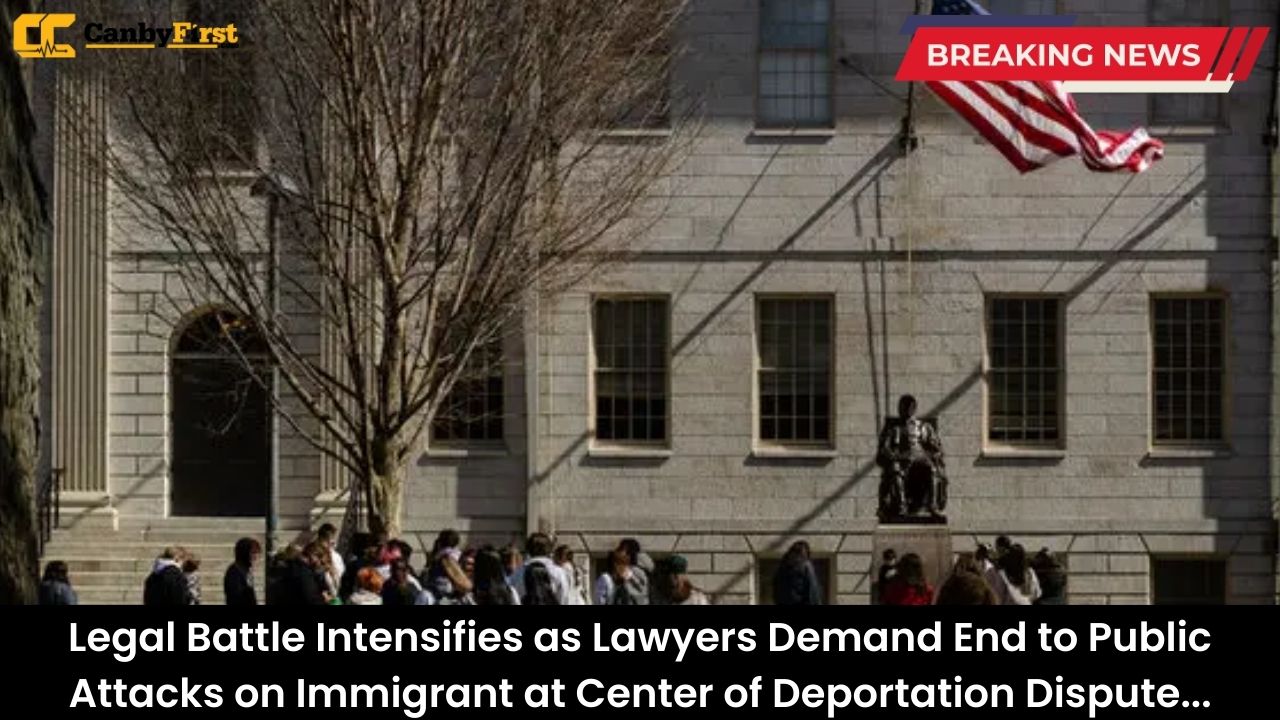
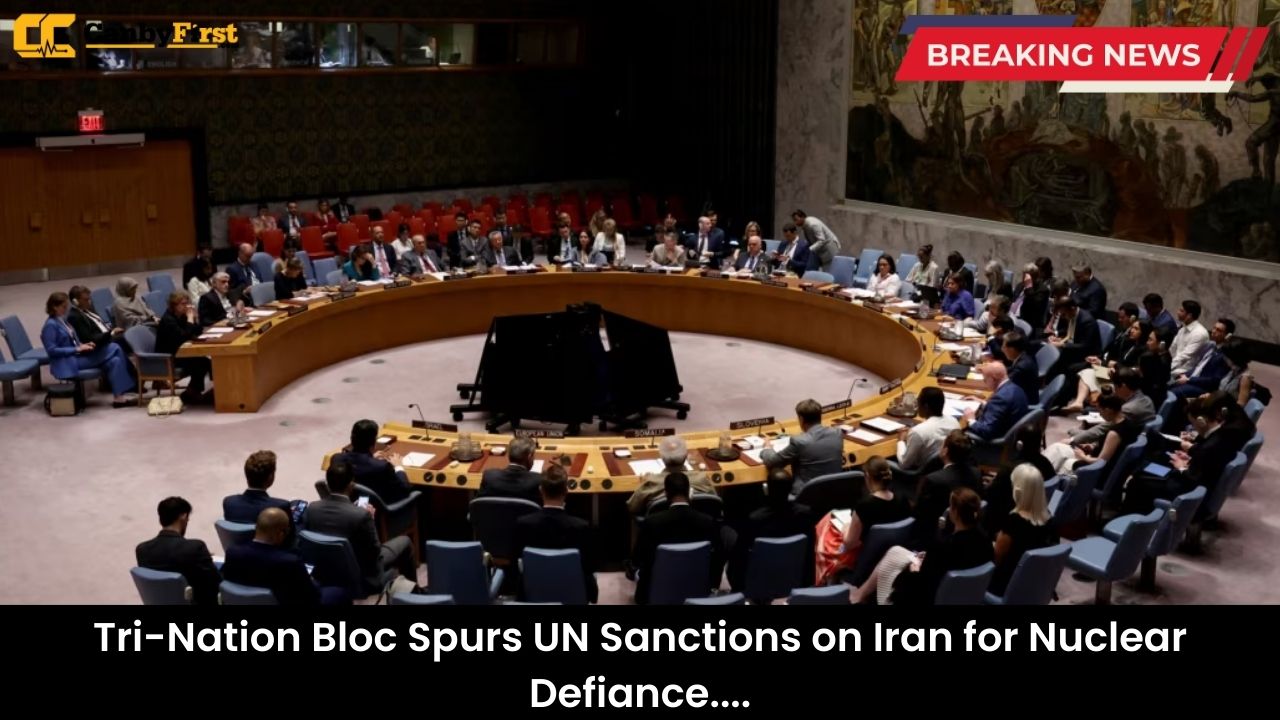
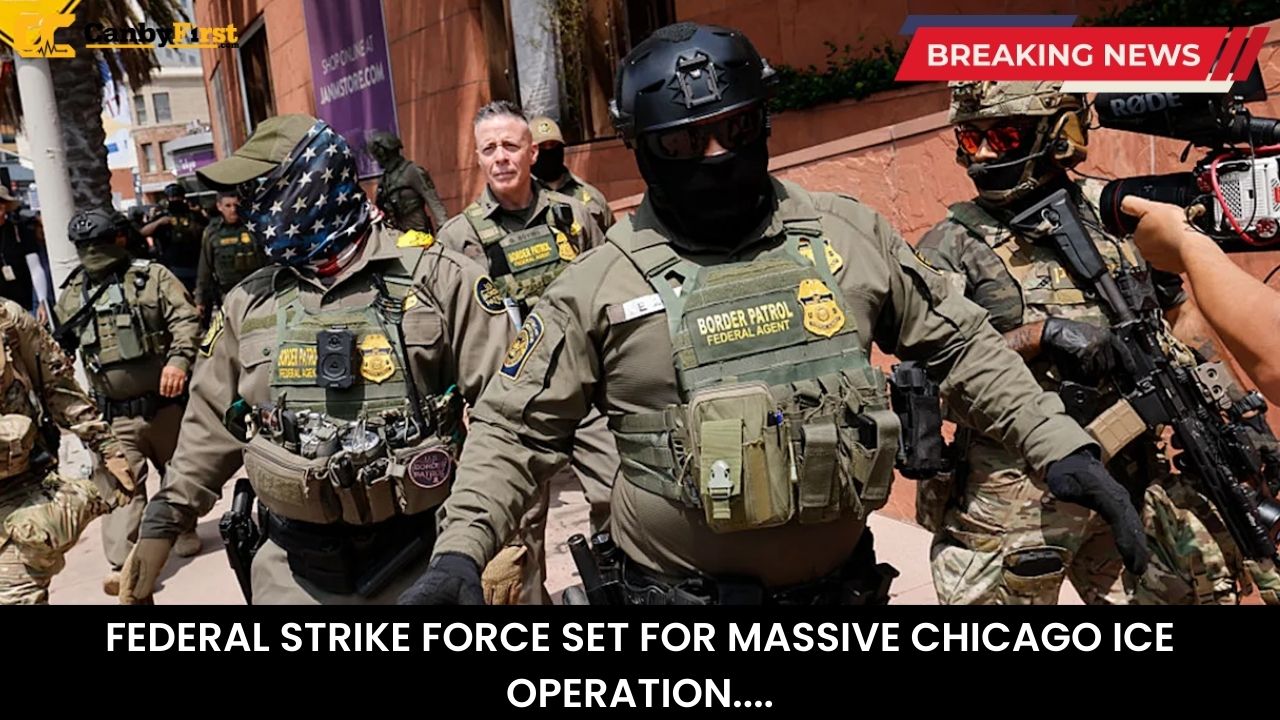
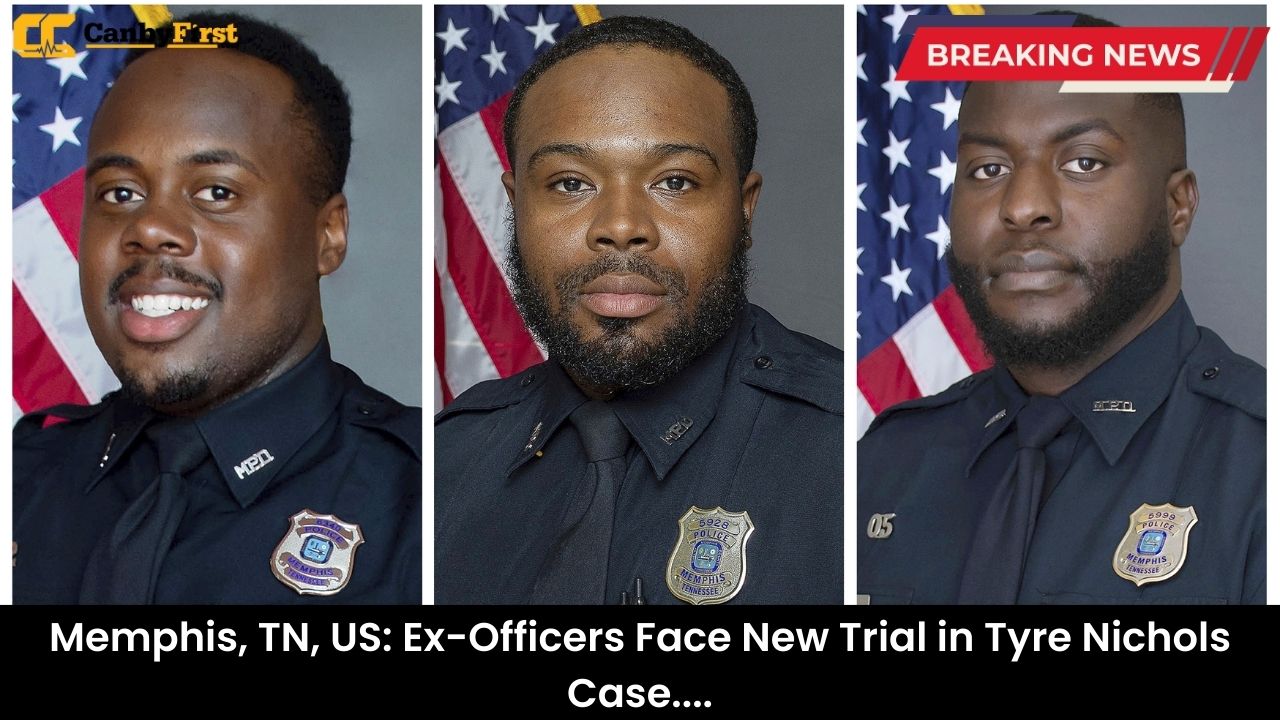

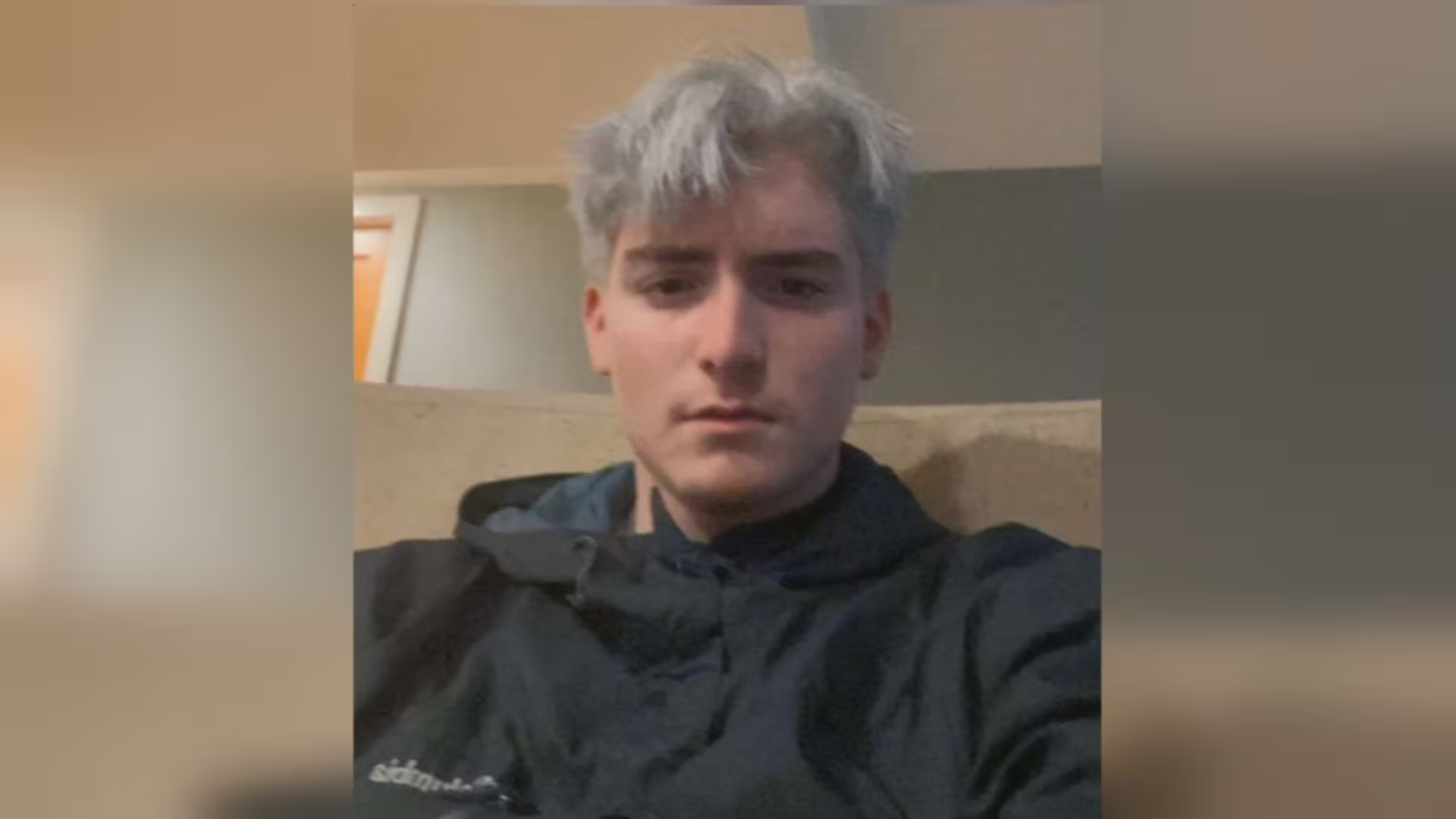
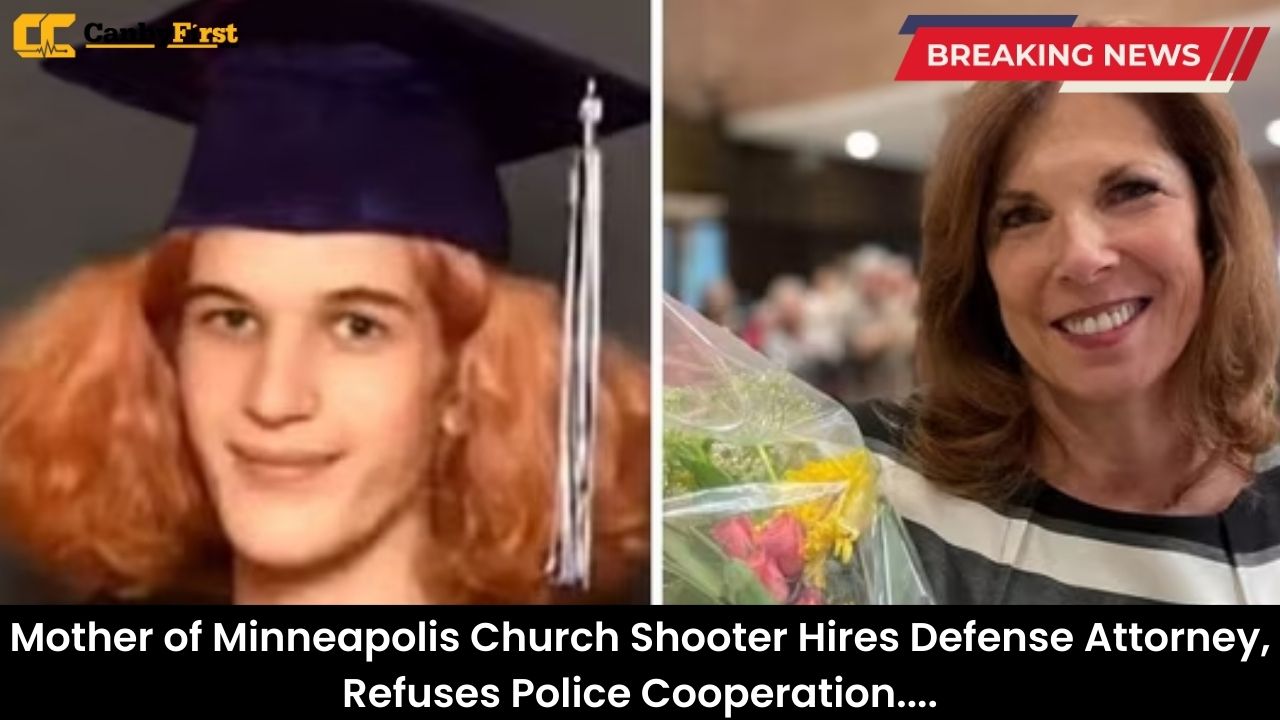


Leave a Reply